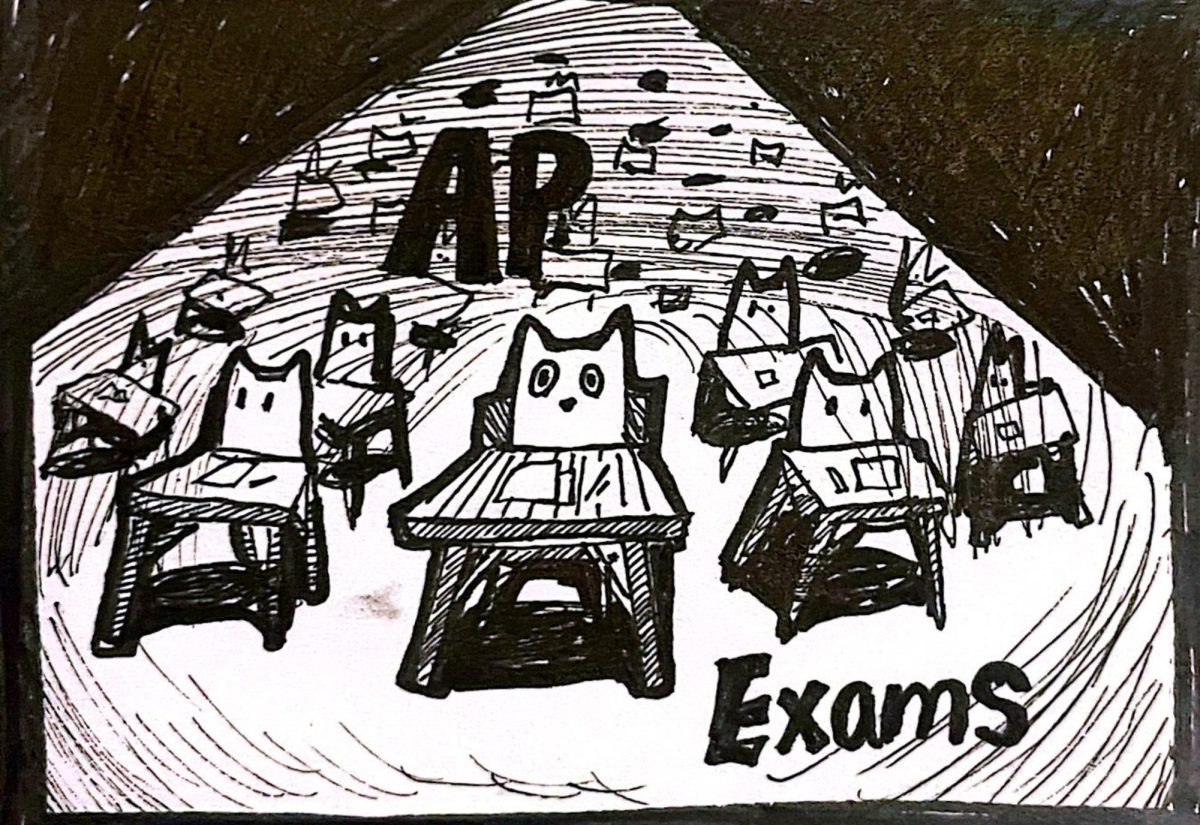Recently, many private universities have decided to require and factor the Scholastic Aptitude Test (SAT) or American College Testing (ACT) for the 2026 admission cycle, following studies showing increased success in first year students.
The choice to become test-optional originated during the Coronavirus pandemic in which testing centers began to close, and policy on how to distribute tests were unmandated. So, many colleges eliminated the standardized test, or became test optional, and decided to weigh other factors with more importance. Certain colleges including the Universities of California (UC) still will not accept these scores, despite the policy lifts for testing centers.
Some issues with standardized testing relate to the individual’s ability to perform well under extensive time pressure. Some colleges also emphasize the test score as a factor for admission. Yet, without the requirement, some colleges may disregard the score making a baseline difficult to establish, and grade inflation an issue for different curriculums in varying states.
Colleges should begin to reinstate the SAT to serve as a baseline for students. It allows colleges to evaluate students on an equal scale, since the protocols vary for different schools. It can be difficult for colleges to evaluate students’ grade point averages, class rank and courses due to states’ varying requirements.
Dr. Belanto comments, “It’s a good indicator because it can standardize the country onto one test, but it should not be the only thing that we look at.”
Some may argue that the SAT should not be required, due to differing students levels of opportunity to receive tutoring. Some may also believe that the test holds too much weight in the college admissions process, putting too much pressure on students.
College Counselor Ms. Nguyen states, “Students are able to succeed in college without a test score and can be evaluated through different factors.”
However, with increased access to technology that was not available before the COVID-19 pandemic, students may gain a better understanding of the test material and what it entails. Some studies may suggest that first year students attending colleges have increased preparedness when performing well.
Others may suggest that the SAT is no longer necessary to predict students’ success; however, recent studies show the SAT provides important information about math and reading to colleges. The information may be an indicator for them to understand a student’s preparedness, while testing the student’s knowledge. The test can also be applied to prepare students for future extensive standardized testing that is required for many professions after high school.
Some also have a more nuanced position and may believe that the scores should not be required but should be accepted by all schools.
Natile contributes “I think UC’s should make it optional because a lot of people have already taken it, and a lot of people work for years to prepare to take it.”
In the end, all colleges should accept the scores, so students who perform exceptionally well can showcase their abilities, including the UC’s. Within the next couple of years, it is likely the test may be reinstated at many top universities and public colleges to help admissions officers sift through the applications in a timely manner.
Considering the increase in colleges reinstating the test, it should become standardized for all students again. While other factors should be prioritized for admissions, and many colleges should consider a holistic review process, the SAT or ACT should be included as well.
















